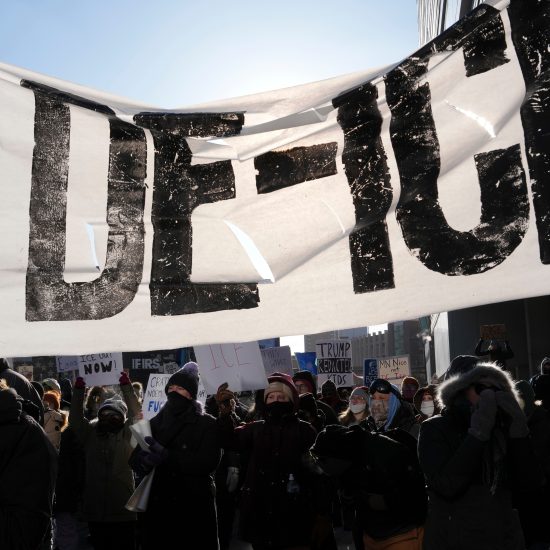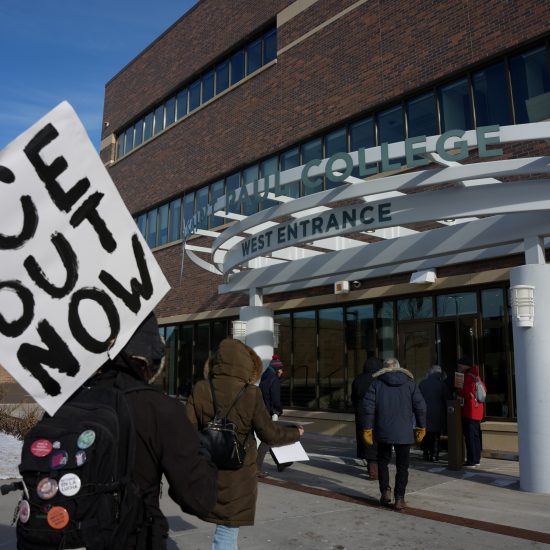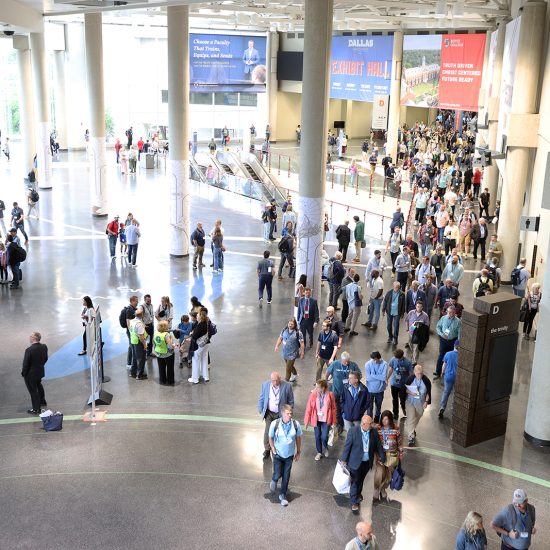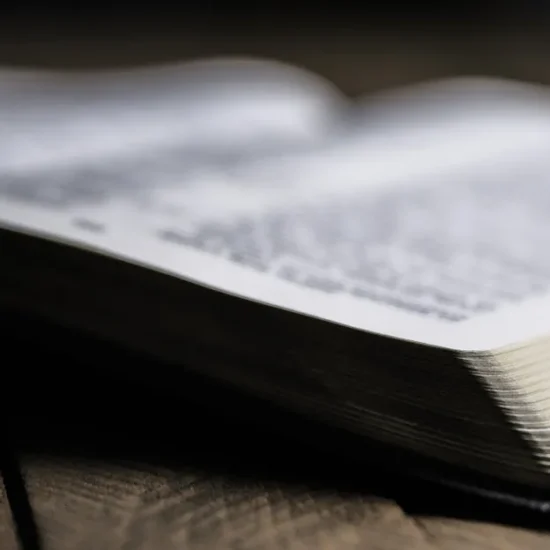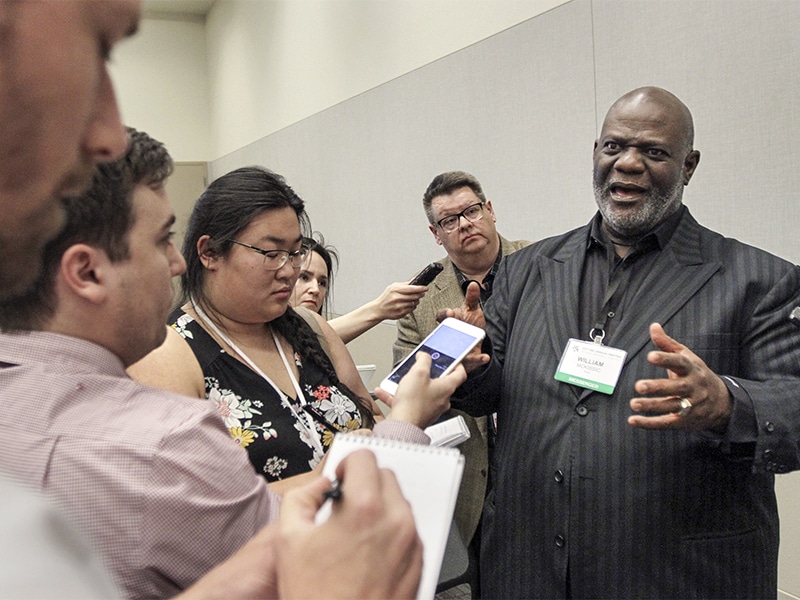
As debates continue across the country about monuments and honors for Confederate generals and slaveholders, some Black Southern Baptists are calling on Southern Baptist Theological Seminary in Louisville, Kentucky, to remove names of slaveholders and Confederates from buildings and other places of honor on the campus. SBTS President Al Mohler in the past insisted he wouldn’t change any of the names.
In 2018, SBTS released a 71-page report that detailed how its four founders — James Boyce, John Broadus, Basil Manly Jr., and William Williams — together enslaved more than 50 persons. Additionally, Boyce served in the Confederate Army and Broadus was a Confederate chaplain. But while SBTS offered its lament at the findings, Mohler, who is white, refused to lead the institution in an apology and rejected calls for biblical reparations.
The SBTS report cited a 2015 column Mohler wrote in which he insisted he wouldn’t remove the names of the four founders from SBTS buildings — because he affirmed the theology of the four slaveholders.
“I intend to keep those names on our buildings and to stand without apology with the founders and their affirmation of Baptist orthodoxy,” he wrote. “They defended all the doctrines they believed were central and essential to the Christian faith as revealed in the Bible and as affirmed throughout the history of the church.”
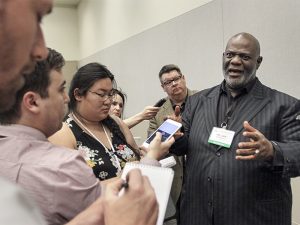
Dwight McKissic, pastor of Cornerstone Baptist Church in Arlington, Texas, speaks with reporters at the 2017 Southern Baptist Convention annual meeting. (Van Payne/Religion New Service)
Dwight McKissic, pastor of Cornerstone Baptist Church in Arlington, Texas, sees the issue much differently. McKissic, who is black, successfully pushed the SBC to pass a resolution in 2016 repudiating the Confederate flag. And the next year he successfully pushed another resolution condemning white supremacy and the alt-right movement.
Now he wants SBTS to remove honors to its slaveholding founders. In addition to the seminary’s undergraduate school Boyce College, honors at SBTS include the James P. Boyce Centennial Library, Broadus Chapel, Manly Hall, and Williams Hall.
McKissic took to Twitter on Juneteenth to argue for the changes, and has continued to plead the case in a series of tweets since. He urged SBTS to “rename any and every memorabilia on SBTS campus to a name that does not compromise the Kingdom gospel and that declares all men are equal & one in Christ.”
McKissic argued “the halls and walls of SBTS are drenched” with the celebration of those who preached and practiced racism, and thus “changing these names should be a no brainer” and seen as a biblical move. Criticizing the “terrorists/kidnappers who founded SBTS,” McKissic wrote that SBTS was “founded to support a slavery hermeneutic.”
He particularly focused on the undergraduate college being named for Boyce, who McKissic noted was “a slave master and a man who’d spoken with great disregard for people of African descent. Integrity demands that SBTS change the name.” And McKissic pushed back against those who claimed Boyce and the others were being honored for their theology and not their slaveholding.
“You can’t with a clear conscience endorse, honor & celebrate one with such callous disregard for the second commandment, of which Boyce was a passionate violator/defender,” McKissic wrote. “You can’t separate his theology from his practicology.”
But McKissic insisted this wasn’t about erasing Boyce and the others from history or even preventing students from reading their works. The question, he explained, is should the institution name buildings after them and thus “glorify kidnappers.”
“It’s a matter of reconciling,” he argued. “Why celebrate men who preached & practiced a truncated gospel?”
“The only reason to not honor our request is to preserve a history rooted in White Supremacy. By doing so, they are allowing culture to trump Christ,” he added.
Bolstering the argument for changes at SBTS, McKissic pointed to the recent push by SBC President J.D. Greear, who urged the retiring of a gavel named for Broadus that SBC leaders have used at annual meetings since 1872. McKissic argued such a move followed John the baptizer urging people in Matthew 3:8 to “bear fruit in keeping with repentance.” McKissic praised Greear for bearing fruit and asked Mohler to do so as well.
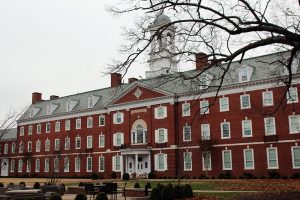
Boyce College on the campus of Southern Baptist Theological Seminary in Louisville, Kentucky. (Adelle M. Banks/Religion News Service)
Mohler had been running for SBC president to replace Greear at this year’s SBC annual meeting, but it was canceled due to coronavirus. Thus, Greear will remain in office another year before Mohler can seek election. McKissic previously backed Mohler but rescinded his support last month after the unearthing of comments by Mohler defending slavery and criticizing enslaved persons who escaped.
Another voice calling for changes is Celucien Joseph, an English professor at Indian River State College in Fort Pierce, Florida, and president of Hope for Today Outreach. A Black graduate of SBTS, he urged the school to remove the names of the four slaveholding founders from the undergraduate college, library, halls, and chapel.
“For such a time as this, the Southern Baptist Convention, America’s largest Protestant denomination, should be on the right side of history,” Joseph wrote Saturday (June 20) on his blog. “In these urgent moments of crisis the Southern Baptist Convention has a golden opportunity to eradicate vestiges of racism and white supremacy embodied in Confederate-related items from its campuses and institutions, and to create a committee to review buildings, facilities, and halls that still bear the names of Confederate members, white supremacists, segregationists, and slave owners.”
“The names of these four gentlemen bring too much pain and suffering to African Americans, Black Christians, SBTS Black seminarians and alumni, and the numerous African American and ethnic churches affiliated with the SBC,” he added. “To continue to honor these figures at Southern Seminary and the SBC is to express racial insensibility and to undermine the dignity and humanity of Blacks and African American people, and people of color.”
Joseph argued such changes would be “one step forward toward good practices of racial justice and reconciliation” and would help the SBC “reinvent itself in the public sphere and to repair its damages as a Christian denomination.” He also argued such moves would show the SBC and SBTS were committed to moving beyond just giving “lip service” to “racial healing and reconciliation.”


